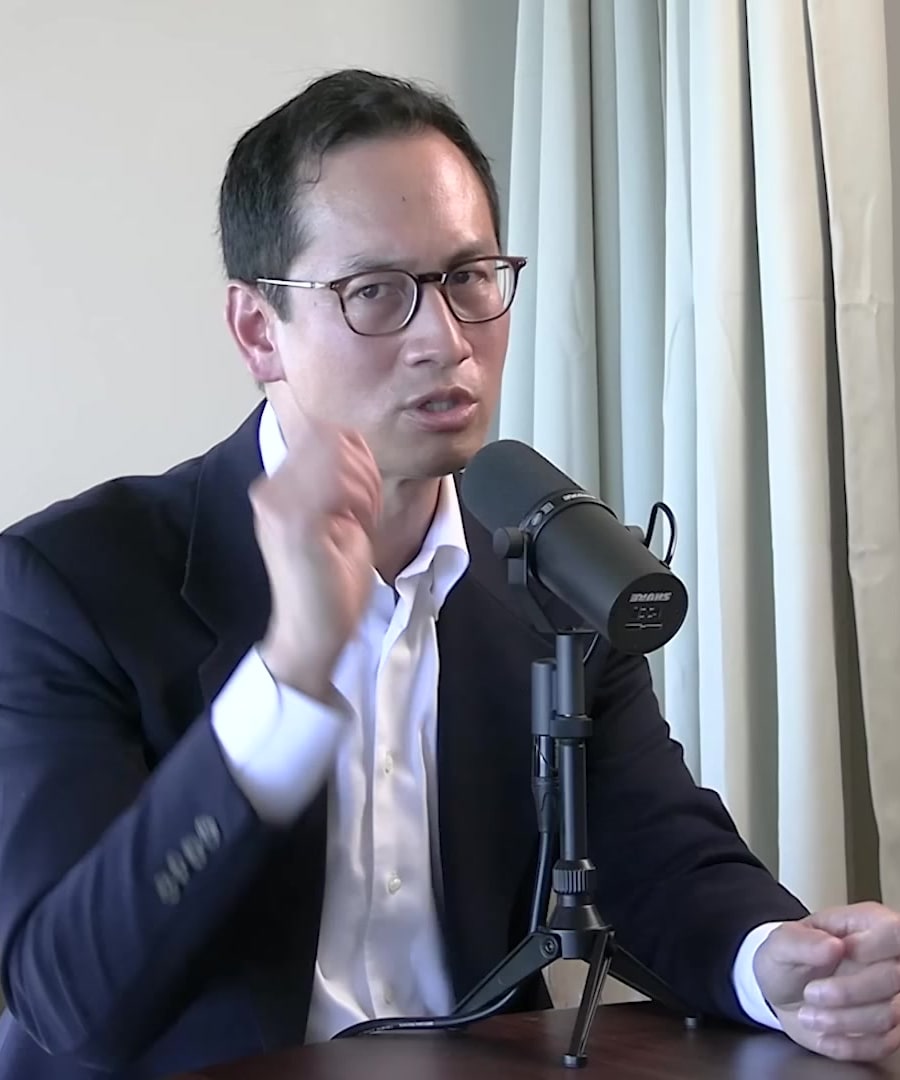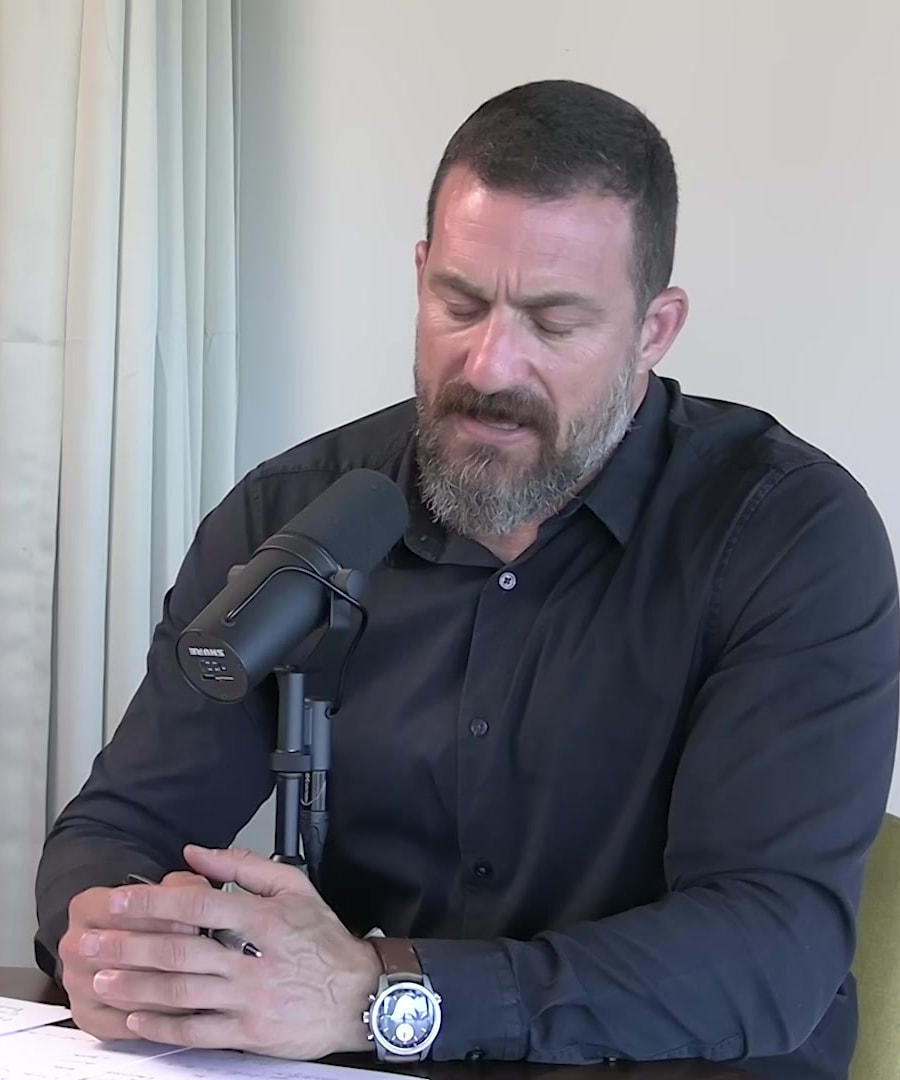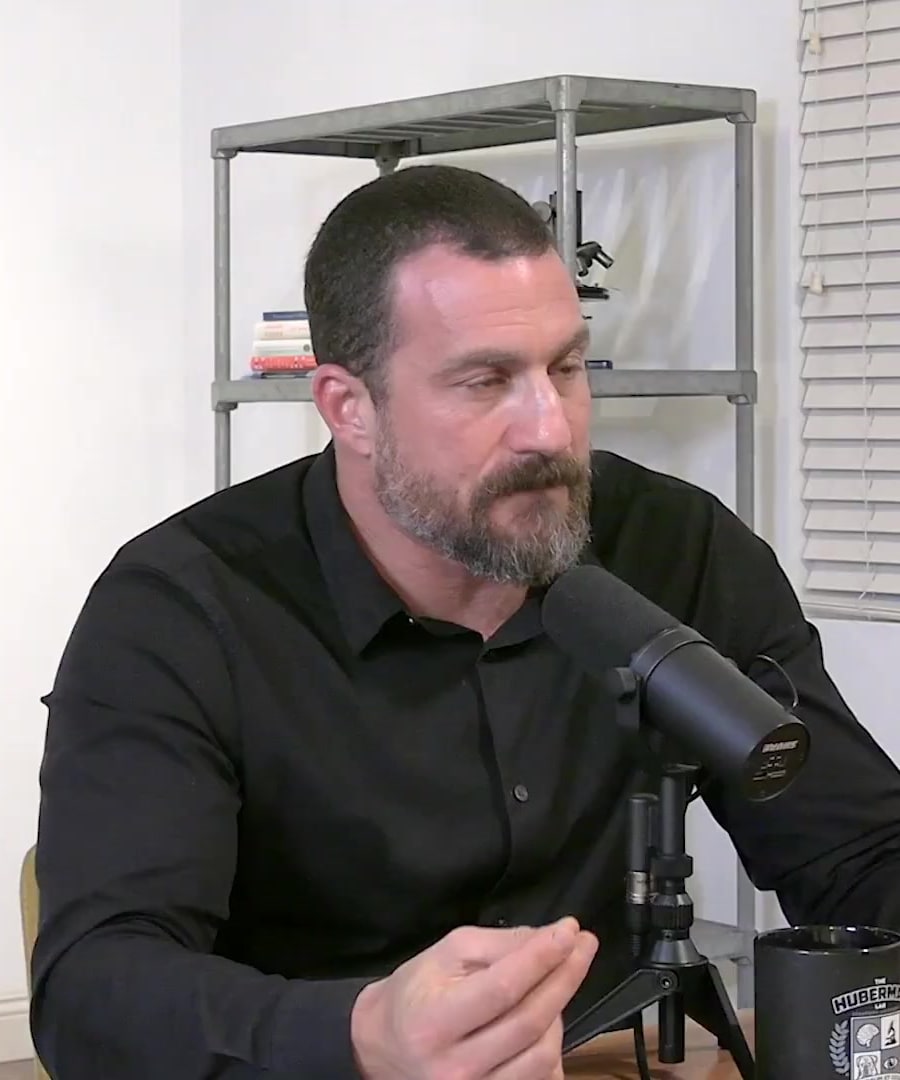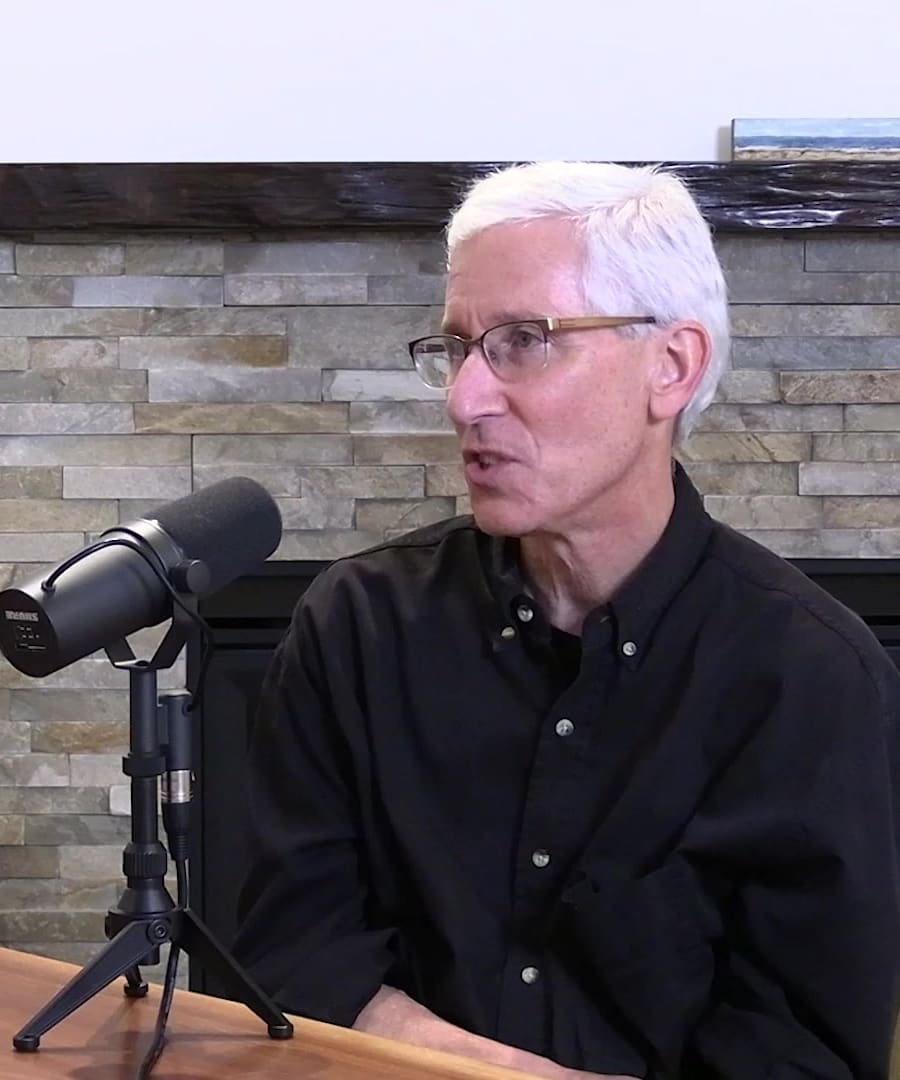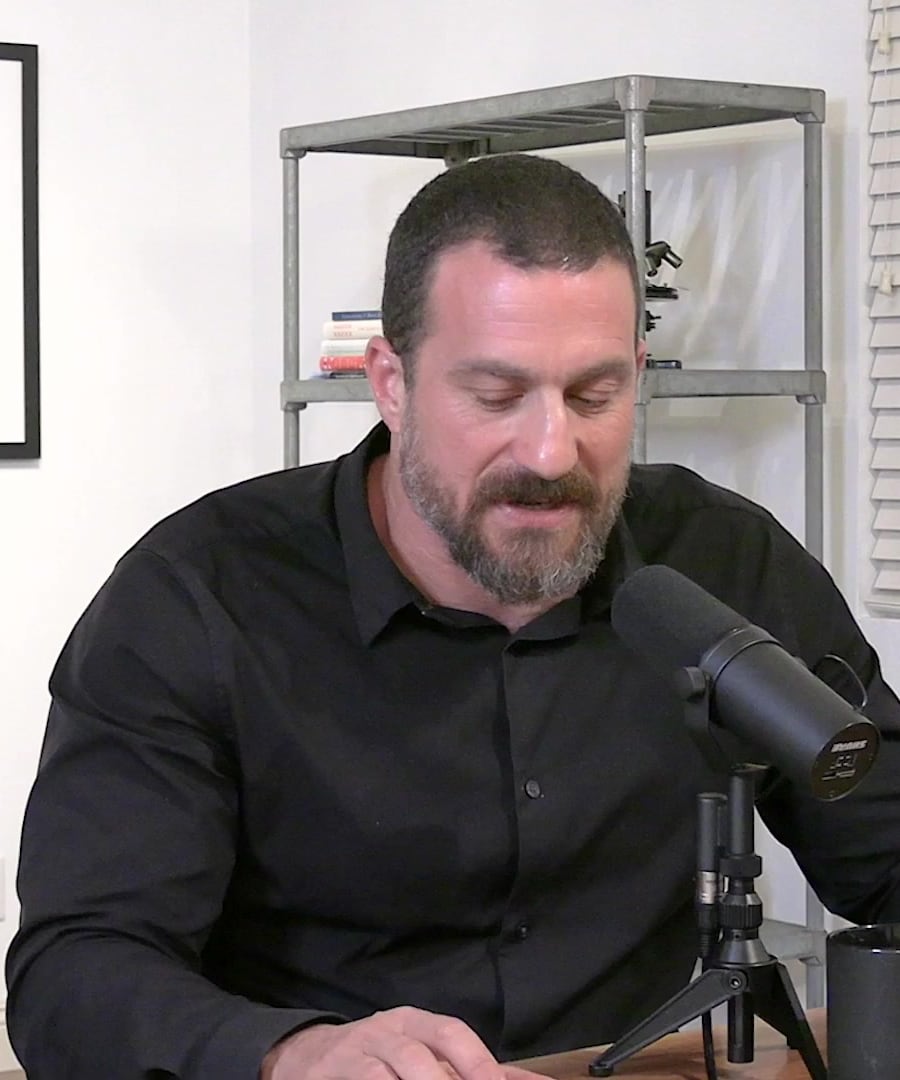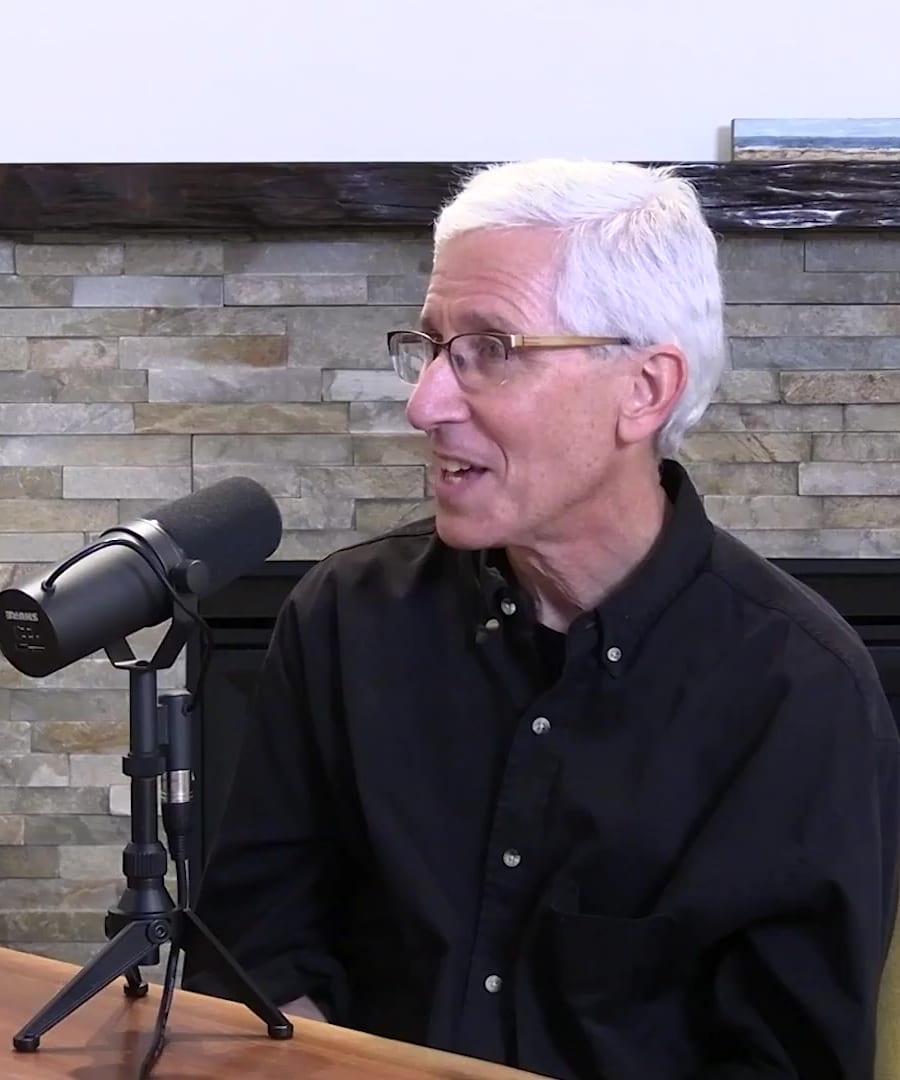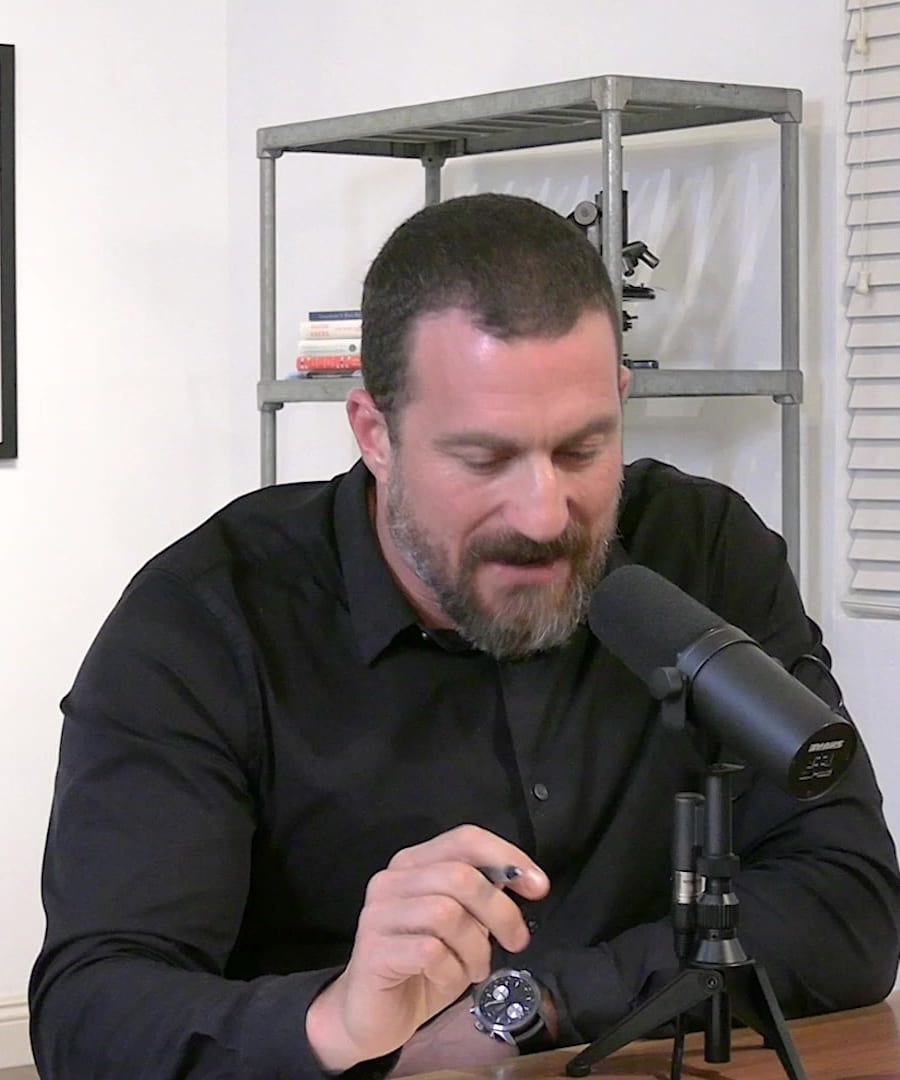What is dyslexia
Sources:
Dyslexia is a neurological condition that affects reading abilities. According to Dr. Eddie Chang, it often arises from a disruption in how the brain maps visual input (seeing words) to auditory processing (understanding the sounds of words). This condition can manifest as difficulty in reading due to differences in this mapping process compared to typical readers 1.
Andrew Huberman further elaborates that dyslexia can involve deficits in phonological awareness, where individuals have trouble distinguishing or processing the sounds within words correctly, despite being able to hear the words when spoken. Treatments have evolved to address both visual and auditory processing aspects, recognizing that reading and speech are interconnected 2.
What causes dyslexia?
Sources:
Dyslexia is primarily caused by differences in how the brain processes visual and auditory information. Specifically, it results from an atypical mapping between how the brain sees words and how it processes the sounds of those words.
Dr. Eddie Chang explains that reading is a relatively recent human invention and is not hardwired into the brain like speech. Thus, when learning to read, the brain recruits existing areas, such as the visual and auditory cortices, to handle this new task. In dyslexia, this mapping process – particularly how the brain links visual input (seeing words) to auditory processing (understanding sounds) – is disrupted, leading to difficulties in reading 1.
As these abilities are not inherently built into the brain but are rather adaptations of existing functions, differences or disruptions in these adaptations can contribute to reading difficulties seen in dyslexia.
What are some personal stories of people with dyslexia?
Sources:
Here are some personal insights and experiences related to dyslexia shared on the :
- Phonological Awareness in Dyslexia: Dr. Eddie Chang explains that many children with dyslexia face challenges in phonological awareness. This means they struggle to map sounds to the visual representation of words. This difficulty can manifest as an inability to "hear" words when they are reading, despite understanding spoken language. This disconnection between vision and auditory processing can lead to significant reading difficulties 1.
For more details, you can listen to the full episode featuring Dr. Eddie Chang in the .
Tell me about David Berson
Sources:
is a Professor & Chairman of Neuroscience at Brown University. He is renowned for discovering the neurons in the eye that regulate biological rhythms such as sleep, wakefulness, mood, and appetite. Dr. Berson is also highly regarded as a teacher of both basic and advanced neuroscience.
He has appeared on the , where he shares his extensive knowledge and insights into neuroscience.
Where is David Berson's talk on dyslexia
Sources:
Dr. David Berson's discussion on dyslexia can be found in the episode titled of the . He is featured in several clips, but none specifically address dyslexia. This episode covers various topics around the logic and function of the brain, including visual processing and plasticity, but does not appear to mention dyslexia directly 1 2 3 4 5.
Who are other experts on dyslexia?
Sources:
Here are a few experts on related fields who have appeared on the , though they might not be exclusively focused on dyslexia:
-
: Neuroscience professor at Johns Hopkins University, known for his work on brain evolution and function.
-
: Professor of Neuroscience and Psychology at UC Berkeley, specializing in brain mechanisms underlying cognition and memory.
-
: Affective neuroscience expert, focusing on emotion and the brain’s predictive functions.
For more specialized knowledge and insights about dyslexia, it might be beneficial to look into specific episodes or talks involving these experts.
-
Any episode highlights on dyslexia?
It appears there are no specific highlights on dyslexia available from the . For a comprehensive understanding of dyslexia, you might want to explore episodes that cover broader topics in neuroscience and brain function, where dyslexia could be discussed indirectly. You could also look into related experts and their works mentioned previously for more focused insights on dyslexia.
Who are other experts on dyslexia?
Sources:
Here are some experts who can provide insights into dyslexia and related neurological topics:
-
David Linden: A Neuroscience Professor at Johns Hopkins University and author of "The Accidental Mind: How Brain Evolution Has Given Us Love, Memory, Dreams, and God" 1.
-
Mark D'Esposito: Professor of Neuroscience and Psychology at the University of California, Berkeley, specializing in brain mechanisms underlying cognition and memory 2.
-
Lisa Feldman Barrett: A Neuroscientist and Professor of Psychology at Northeastern University, she focuses on affective science and is co-editor-in-chief of the journal Emotion Review 3.
These experts have made significant contributions to our understanding of the brain, cognition, and related disorders. You might find their work valuable for exploring topics related to dyslexia.
-
Who is Mark D'Esposito?
Sources:
I couldn't retrieve specific details about Mark D'Esposito. However, he's a prominent neuroscientist specializing in brain mechanisms underlying cognition and memory at the University of California, Berkeley. His work often intersects with topics such as dyslexia, cognitive neuroscience, and neuropsychology.
For more detailed information, you might check academic resources or specific neuroscience-related content.
Tell me about Stuart McGill
Sources:
is a globally recognized expert in spine biomechanics. He is a distinguished professor emeritus at the University of Waterloo and serves as the chief scientific officer at Backfitpro Inc. Dr. McGill has authored over 300 scientific publications focused on lumbar function, low back injury mechanisms, and effective rehabilitation programs. He frequently appears on various podcasts, including the , where he shares his extensive expertise on spine health, injury prevention, and rehabilitation.
What causes dyslexia?
Sources:
Dyslexia is a neurological condition that affects one's ability to read. explains that dyslexia typically involves issues with the brain's ability to map visual inputs (such as words) to the auditory speech cortex, which processes the sounds of words. Essentially, there's a difference in how the brain connects what we see when reading to the parts of the brain that handle phonology, or the sounds of speech. This mapping issue can make it difficult for individuals with dyslexia to process written language effectively compared to those who do not have the condition 1.
How is dyslexia diagnosed?
Sources:
Dyslexia is diagnosed through a comprehensive evaluation process, often involving multiple steps and tools to understand the specific difficulties a person is experiencing. According to , there is an awareness that dyslexia can stem from various causes, including issues with phonological awareness or visual processing.
Some individuals may have difficulty with phonological processing, where they struggle to map visual words to their corresponding sounds. This discrepancy can be observed when they can understand spoken language but falter when reading the same words 1. Diagnostic evaluations typically include assessments of reading and language skills, phonological processing, and sometimes neurological and cognitive testing to identify specific deficits.
Additionally, it is noted that skilled readers map visual input to phonological processes automatically, but individuals with dyslexia may have a disruption in this mapping process, making it evident during detailed diagnostic assessments 2 1.
What specific tests are used to diagnose dyslexia?
It seems that I couldn't find specific details about the tests used to diagnose dyslexia directly from the available clips. However, generally, dyslexia diagnosis involves several standardized tests and assessments to evaluate reading, spelling, and phonological processing skills. These typically include:
- Phonological Awareness Tests: Assessments like the Comprehensive Test of Phonological Processing (CTOPP) evaluate the ability to hear and manipulate sounds in words.
- Word Reading and Decoding Tests: These might include the Woodcock-Johnson Tests of Achievement or the Wechsler Individual Achievement Test, focusing on the person's ability to read words accurately and fluently.
- Spelling Tests: Such assessments help determine if there are difficulties with writing and spelling words.
- Reading Comprehension Tests: These tests assess the ability to understand and interpret text.
- Rapid Naming Tests: These measure the speed and accuracy with which one can name letters, numbers, objects, or colors.
- Cognitive Assessments: Sometimes including IQ tests to rule out other causes of learning difficulties unrelated to dyslexia.
Please consult a specialist or educational psychologist for a detailed diagnostic process specific to your situation.
Are there other conditions that often co-occur with dyslexia?
I wasn't able to retrieve specific information on co-occurring conditions with dyslexia directly from the available clips. However, it is commonly understood that several conditions often co-occur with dyslexia, including:
- Attention-Deficit/Hyperactivity Disorder (ADHD): Many individuals with dyslexia also have ADHD, which can affect their attention, focus, and organizational skills.
- Dysgraphia: This is a condition that affects writing abilities, including handwriting, spelling, and organizing thoughts on paper.
- Dyscalculia: This condition impacts the ability to understand numbers and learn math concepts, which can often accompany dyslexia.
- Language Processing Disorders: These disorders can affect comprehension and communication, both written and spoken.
- Anxiety and Depression: Due to the challenges faced in academic and social settings, individuals with dyslexia may also experience higher levels of anxiety and depression.
- Auditory Processing Disorder: This condition affects how sounds are processed and understood by the brain, which can impact reading and listening skills.
For precise information and tailored advice, consulting a specialist or educational psychologist is recommended.
What is dysgraphia and its connection to dyslexia?
I wasn't able to retrieve specific information on dysgraphia and its connection to dyslexia from the available clips. However, I'll provide a general understanding based on widely accepted knowledge:
What is Dysgraphia?
Dysgraphia is a learning disability that affects writing abilities. It can manifest as difficulties with:
- Handwriting: Producing legible and efficient handwriting.
- Spelling: Consistent and accurate spelling of words.
- Composition: Organizing and expressing thoughts clearly in written form.
Connection to Dyslexia
Dysgraphia and dyslexia are distinct but often co-occur. Here are the key connections:
- Common Cognitive Deficits: Both conditions can stem from similar underlying cognitive weaknesses, such as issues with language processing and working memory.
- Overlapping Symptoms: Individuals with dyslexia often struggle with spelling and writing tasks, which are core challenges in dysgraphia.
- Educational Impact: Both conditions can heavily impact academic performance, particularly in activities that require reading, writing, and spelling.
For tailored advice and detailed information, consulting a specialist in learning disabilities is recommended.
What is dyslexia
What causes dyslexia?
What are some personal stories of people with dyslexia?
Tell me about David Berson
Where is David Berson's talk on dyslexia
Who are other experts on dyslexia?
Any episode highlights on dyslexia?
Who are other experts on dyslexia?
Who is Mark D'Esposito?
Tell me about Stuart McGill
What causes dyslexia?
How is dyslexia diagnosed?
What specific tests are used to diagnose dyslexia?
Are there other conditions that often co-occur with dyslexia?
What is dysgraphia and its connection to dyslexia?
